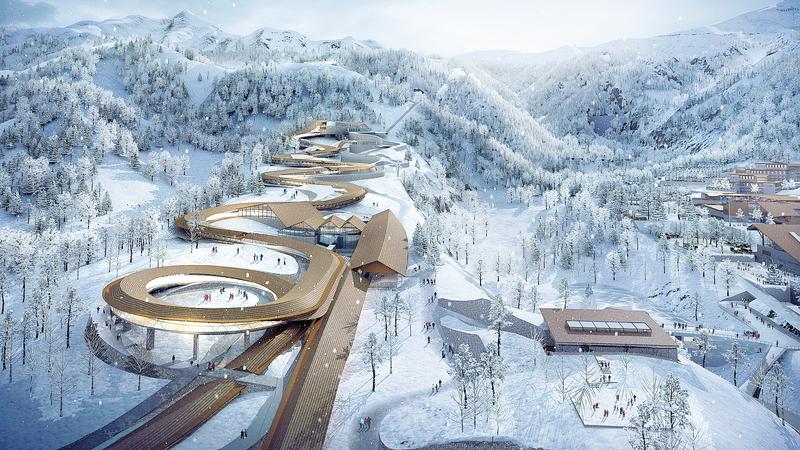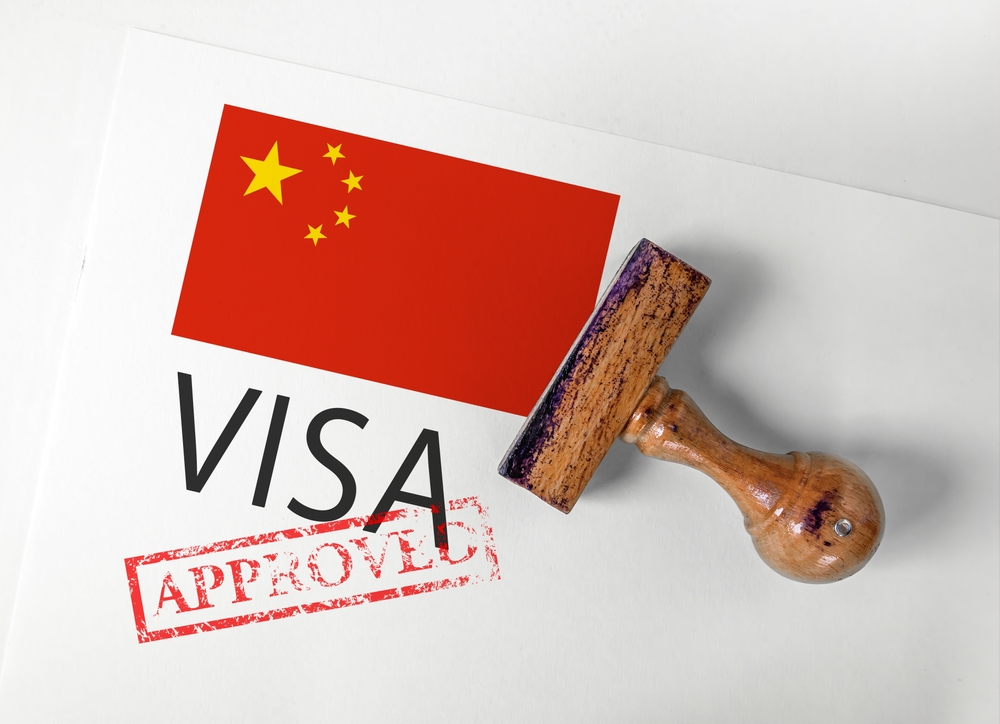Security is an issue that plagues even the most iron-clad events. Several incidents of late have highlighted the importance of planning and due diligence.
A Washington DC society couple gained entry to the White House State Dinner last November; a mentally ill man recently got within metres of US vice-president Joe Biden at the Vancouver 2010 Winter Olympics opening ceremony; and a woman attacked Pope Benedict XVI (her third attempt at doing so) as he was walking down the aisle to celebrate Christmas Eve mass in December. These examples were all exceptionally high profile and all quite embarrassing for the security staff in charge of keeping these leading global figures safe.
Breaches of security both large and small can have negative effects on any event and, as such, event planners have to spend time anticipating the worst and planning ahead. Issues such as stolen laptops and phones, controlling access to VIP areas, how to handle cash, emergency-response plans, political or social issues within the country, and guests that require extra protection and bodyguards all have to be addressed.

Travel warnings and venues
There are still security concerns in several Asian countries.
The Southern Philippines still sees its fair share of violence and Sri Lanka has only just officially ended a long and violent civil war. Indonesia has suffered several high-profile terrorist attacks. Thailand has seen regular political upheaval, and in China, high-profile individuals often require extra protection.
In any environment, an eye for safety is never a bad thing. Terrorism can happen anywhere and big name speakers or conferences can always attract the wrong kind of attention.
Warnings differ from country to country and, in large part, the comfort level of delegates will depend on where they are from.
A conference held in Cambodia and attended by Asia-based delegates is less likely to be red-flagged than if the same conference is entertaining guests from the US. Likewise, some states have rules about visa entry that make it difficult for delegates from certain countries to enter. Some Arab states have always barred entry by anyone with an Israeli passport, for instance.
One other element that is reliable for some and divisive for others is the issue of US travel warning by the US government. These advisories from the US State Department aim “to describe long-term, protracted conditions that make a country dangerous or unstable. A travel warning is also issued when the US government’s ability to assist American citizens is constrained due to the closure of an embassy or consulate or because of a drawdown of its staff.”
The list is long (see box on page 50) and some countries perhaps don’t deserve to be on a restricted list. By contrast, the UK deems Somalia the only country to which it advises against all travel. For certain groups, travel warnings can and should have an impact on the choice of location for a major event. On the other hand, common sense and logic are generally the best indicators.
And, choosing a location deemed safe by the US does not translate into a zero-threat zone, as illustrated by an event planned by MCI in Cairo, Egypt in late 2005. The day before the 700-person, five-day association event was to begin, the Sharm El Sheikh bombings took place in an area next door to the proposed venue. MCI acted quickly to work with the government and the tourism authority, beefing up security, utilising CCTV cameras to inform guests about what was happening, taking extra security measures and adding police patrols to ensure the event could take place as originally planned. By being proactive, delegates felt safe enough to attend, and through cooperation with the relevant organisations, the event went ahead successfully.
This extreme example is a case in point when dealing with security, not only for safety issues, but also from a reputation and business perspective.
Levels of security
Holding the average sales conference or management seminar at a hotel or convention centre is not necessarily an event that requires a high level of extra security. However, access always needs to be controlled and, as much as venues would have planners and delegates believe that petty theft is not an issue, the unfortunate truth is that in this tech-savvy age, cameras, iPods, phones, laptops and other various goods are often left unattended and are subsequently stolen.
The Security Industry Authority in the UK publishes a comprehensive guide for “Security at Events”, which is intended to explain the Private Security Industry Act passed in 2001. While it outlines responsibility and regulations under UK law, it also serves as a comprehensive guide to every aspect of event security anywhere in the world.
Beyond some heavy reading, the starting point to addressing security should be the venue itself. For instance, The Sydney Convention & Exhibition Centre offers a host of security services that can be pre-arranged for an hourly rate well before the conference, including security and asset-risk assessment and management plans, CCTV surveillance, access control, traffic control for loading docks and transportation, emergency response, crowd control, and liaising with legal and government authorities.
With modern security technology like a fully-equipped security room, alarmed doors, more than 100 CCTV cameras and radio communications, any incidents that occur will either be seen as they happen, or can be investigated properly once a report is filed.
Simple solutions like a coat or bag check room near the main ballroom, a letter included in the welcome packet asking delegates to keep an eye on their possessions, or hiring extra security services to keep an eye out for goods left behind can do wonders in preventing loss or theft in such an open venue.
Peter Brokenshire, general manager, Kuala Lumpur Convention Centre, explains that security was one of the primary objectives when designing the centre. The venue was selected as the host of the 39th Asean Ministerial Meeting (AMM)/Post Ministerial Conferences (PMC) and 13th Asean Regional Forum (ARF).
Brokenshire says: “This demonstrated again the ministry’s continued confidence in the centre’s quality and facilities, as well as the ease of security and procedures. It is perhaps not surprising when one remembers that the purpose-built Kuala Lumpur Convention Centre was specifically designed to host such high-security events, and to cater to their high-profile delegates.”
But even in such an environment, access to various sections of a larger event may require more hands on deck. Hong Kong-based Adams Secuforce (International) provides everything from guards to security systems for clients small and large. Chosen as the partner for AsiaWorld-Expo, the group provides general security guards to guard dogs, ex-Gurkha soldiers to mobile patrol units. Hotel staff may be able to take care of check-in and badge handout, but for conferences that have distinctly high-level attendees, experts are the way to go.
Top protection
There are a number of reasons that bodyguards might be needed and, in some cases, not necessarily for the people one might expect. David Minetti, director of security operations for VIP Bodyguard explains: “The people who need bodyguards are mostly government officials and people in show business.” However, protection can also be for those high up “in international business”.
Threats to VIPs or senior business people can take many forms. It may be a disgruntled individual or a highly motivated group, the motive may be to gain publicity or something much more sinister, such as to harm or kidnap a key individual.
When a client approaches Minetti’s company – whose services range from celebrity public appearances to accompanying VIPs to high-risk zones such as Iraq or Afghanistan – a standard list of questions is asked to establish the type of service needed.
“Normally, we ask our clients the specific reasons they feel they need a bodyguard, what kind of threat they perceive to be a problem, how long they will need security for, and whether they want visible or undercover security, or both,” Minetti says.
He elaborates, saying that having personal protection is important to protect businessmen travelling to countries where political or social threats could affect them. “It is more difficult for a potential bad guy to reach his target if the subject is under bodyguard protection.”
A reputable bodyguard is not just a capable individual that turns up on the day, though. The job requires much more preparation and planning. Minetti says it is important to be realistic about threats, which means striking a balance between being cautious and being overly presumptuous. A security company will use its own judgment and experience to verify the facts laid out in the client conversation, ensure that the security needs requested fall within the boundaries of the local laws, and investigate the threat independently.
Minetti says it is crucial to do a considerable amount of work before the event takes place. For instance, if a VIP guest is making a keynote speech, Minetti says: “We first look at how safe the location is, how to get this person there and back safely.” There needs to be an assessment of what kind of access the audience has to the speaker. Exit routes are scouted and Minetti and his team then work to secure the site by blocking off certain access points, keeping a clear path to a door, choosing an entry for the VIP that is not commonly used. “During the speech, we are always looking for something or someone unusual. It’s very much a question of instincts and experience.”
For some, visible bodyguards may be unnecessary, but having several people whose sole job it is to look out for potential threats is never a bad idea, particularly when hosting large events or exhibitions that feature guest speakers with household names.
Minetti notes that the group has many examples of situations in which having a bodyguard on site kept the client safe, and in some instances, saved a life. “Not later than last month,” he says, “one of our close-protection officers saved his client from a car ambush, and was actually injured protecting the client when the would-be assailants began shooting at the car.”
From the banal to the most extreme cases of hosting a government official or VIP guest speaker, security is a legitimate concern. It can make life easier, cutting down on confusion about access to various areas within a conference, keep laptops and phones safely with their owners, and ensure that an event runs smoothly. Security preparation and planning also gives those who need it peace of mind, and allows the speeches and activities of the event to dictate the mood, not the bodyguards and high-security personnel.
How to judge a bodyguard
David Minetti, director of security operations for VIP Bodyguards, explains the kind of training a reputable bodyguard should have:
“Bodyguards need to know first aid and medical emergency techniques. They should have skills in defensive driving and how to use weapons as well as hand-to-hand combat. From a personality perspective, they need to be able to control their mind and body perfectly in stressful situations and always be on alert for potential threats. The company should also be registered ISO 9001, the international certification for security guards and professionals.”
Travel Warnings
While in the UK, only Somalia is advised as a “do not travel to” country, if travellers followed US advice, all of the following countries would be off-limits. Some are understandable, while others appear rather heavy-handed:
Afghanistan
Algeria
Burundi
Central African Republic
Chad
Colombia
Cote d’Ivoire
Democratic Republic of the Congo
Eritrea
Georgia
Guinea
Haiti
Israel and Palestine
Iraq
Iran
Kenya
Lebanon
Mali
Mauritania
Nepal
Nigeria
Pakistan
The Philippines
Saudi Arabia
Somalia
Sri Lanka
Sudan
Uzbekistan
Yemen


